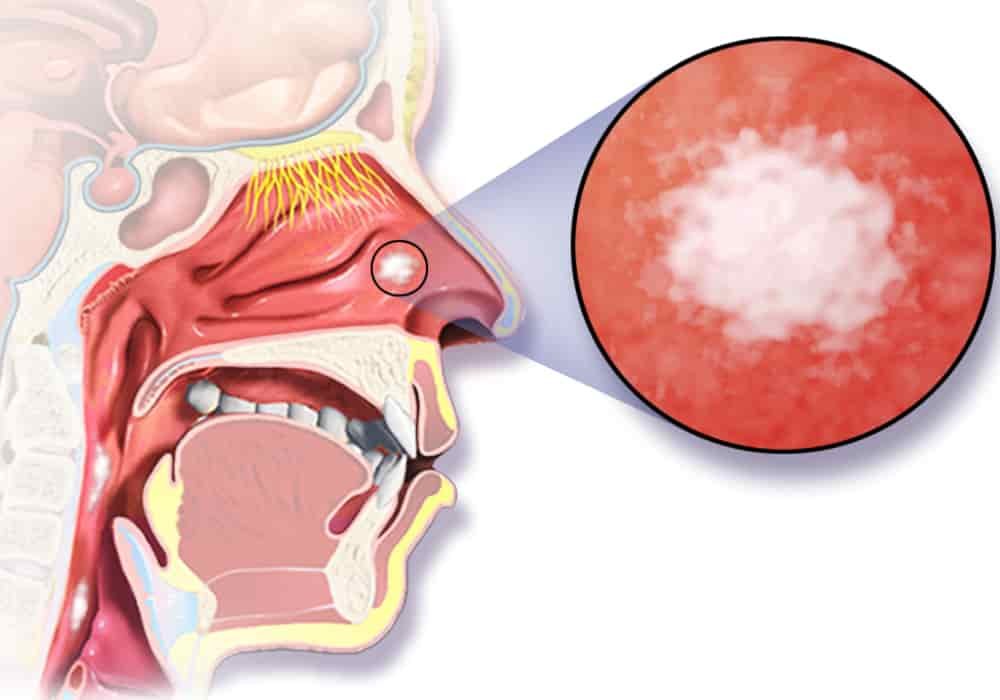Understanding Head and Neck Cancers
Head and neck cancers are a group of cancers that develop in the mouth, throat, sinuses, nose, and salivary glands. They can occur in people of any age and are usually linked to certain risk factors, such as tobacco and alcohol use, human papillomavirus (HPV) infection, and exposure to certain chemicals.
Here are some key points to know about head and neck cancers:
- Types: There are several different types of head and neck cancers, including squamous cell carcinoma, adenocarcinoma, and lymphoma.
- Symptoms: The symptoms of head and neck cancers can vary depending on the location and stage of the cancer, but may include a persistent sore throat, difficulty swallowing, a lump or sore that does not heal, and changes in voice or speech.
- Diagnosis: Head and neck cancers are typically diagnosed through a combination of physical exams, imaging tests, and biopsies.
- Treatment: The treatment for head and neck cancers depends on the type, stage, and location of the cancer, as well as the overall health of the patient. Treatment options may include surgery, radiation therapy, chemotherapy, targeted therapy, and immunotherapy.
- Prevention: To help reduce the risk of developing head and neck cancers, it is important to avoid tobacco and excessive alcohol use, practice safe sex to reduce the risk of HPV infection, and protect against exposure to certain chemicals in the workplace.
If you suspect that you may have head and neck cancer, it is important to speak with a healthcare professional as soon as possible. Early detection and treatment can improve the chances of successful outcomes and a better quality of life.
Symptoms:
- A lump or sore that doesn’t heal
- Persistent pain in the mouth, throat, or ear
- Difficulty swallowing or speaking
- Changes in voice, such as hoarseness
- Persistent cough or sore throat
- Ear pain or hearing loss
- Numbness or weakness in the face
- Unexplained weight loss
Diagnosis:
If you experience any of these symptoms, it’s important to see a doctor right away. Your doctor may perform a physical exam, including an examination of the mouth and throat, and order imaging tests, such as X-rays or CT scans, to get a better view of the affected area. A biopsy may also be performed to confirm the presence of cancer.
Types of Head and Neck Cancers:
- Oral cavity cancer: develops in the mouth, including the lips, tongue, gums, and cheeks
- Pharyngeal cancer: develops in the throat, including the pharynx and tonsils
- Laryngeal cancer: develops in the voice box or larynx
- Nasal cavity and paranasal sinus cancer: develops in the nose and sinuses
- Salivary gland cancer: develops in the salivary glands, which produce saliva
Treatment Options:
Treatment options for head and neck cancers may vary depending on the type and stage of cancer, as well as other factors such as your overall health. Some common treatment options include:
- Surgery to remove the cancerous tissue
- Radiation therapy to kill cancer cells
- Chemotherapy to destroy cancer cells
- Targeted therapy to attack specific cancer cells
Risk factors:
- Tobacco use (smoking or chewing)
- Heavy alcohol consumption
- Infection with human papillomavirus (HPV)
- Exposure to certain chemicals and toxins, such as asbestos and wood dust
- Poor oral hygiene and dental health
- Gender (men are at higher risk than women)
- Age (most cases occur in people over the age of 50)
Prognosis:
The prognosis for head and neck cancers depends on several factors such as the type of cancer, stage at diagnosis, age and overall health of the patient, and response to treatment.
The prognosis for head and neck cancer depends on several factors, including:
- The stage of the cancer, the location of the tumor, and the patient’s overall health.
- Early-stage head and neck cancer can often be cured with surgery or radiation therapy.
- Late-stage head and neck cancer may require more aggressive treatment, such as a combination of chemotherapy, radiation therapy, and surgery.
- The five-year survival rate for head and neck cancer is around 65%, but this can vary depending on the specific type and stage of the cancer.
Conclusion:
Head and neck cancers can be a serious and life-threatening condition, but early detection and treatment can greatly improve the chances of recovery. If you experience any of the symptoms mentioned above, it’s important to see a doctor right away for proper diagnosis and treatment.
Information: Cleverly Smart is not a substitute for a doctor. Always consult a doctor to treat your health condition.
Sources: PinterPandai, Wikipedia, Web MD, American Cancer Society
Photo credit: BruceBlaus (CC BY-SA 4.0) via Wikimedia Commons



